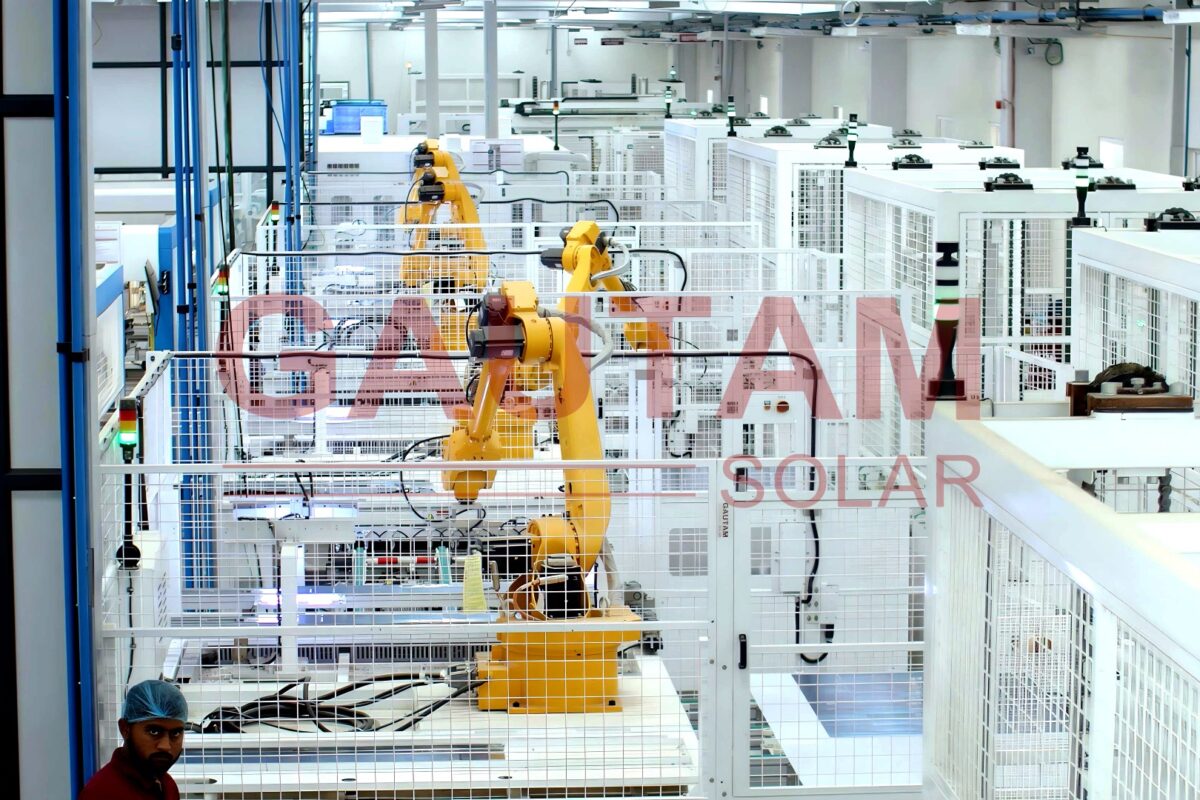Kolkata-based solar module manufacturer and developer Vikram Solar has filed a writ seeking to exempt India’s special economic zones (SEZs) from the government’s recently imposed safeguarding measures, and to force the government to exempt EPC contracts which have already been signed off from the tariffs.
The federal government’s Ministry of Finance has imposed a 25% tariff on solar cells and modules imported from China and Malaysia, with the safeguarding duty applied since Monday.
Vikram Solar CEO Gyanesh Chaudhary said, at the time of the announcement, that SEZs – which are subject to more liberal economic rules than the rest of India, and were set up to encourage domestic industry – should naturally be exempted from the new duty.
And the company yesterday confirmed it had applied to become a party to an order filed at the Orissa High Court to stay safeguarding duty proceedings until August 20 – a court order ignored by the Ministry of Finance.
Vikram Solar also filed a writ demanding either clarification SEZs will be exempted from safeguarding duties or that they be treated the same as manufacturing units based in India’s domestic tariff area. Vikram’s writ further seeks SEZs be considered part of domestic industry, for the purposes of the safeguarding investigation, and that the new duties should not apply to EPC contracts which have already been signed off.
In statement issued by the company yesterday, Vikram Solar said: “Imposition of duties of safeguard without the relief and clarification [demanded in its writ] will not serve its desired purpose, which is to boost the domestic manufacturing industry.”
This content is protected by copyright and may not be reused. If you want to cooperate with us and would like to reuse some of our content, please contact: editors@pv-magazine.com.









By submitting this form you agree to pv magazine using your data for the purposes of publishing your comment.
Your personal data will only be disclosed or otherwise transmitted to third parties for the purposes of spam filtering or if this is necessary for technical maintenance of the website. Any other transfer to third parties will not take place unless this is justified on the basis of applicable data protection regulations or if pv magazine is legally obliged to do so.
You may revoke this consent at any time with effect for the future, in which case your personal data will be deleted immediately. Otherwise, your data will be deleted if pv magazine has processed your request or the purpose of data storage is fulfilled.
Further information on data privacy can be found in our Data Protection Policy.